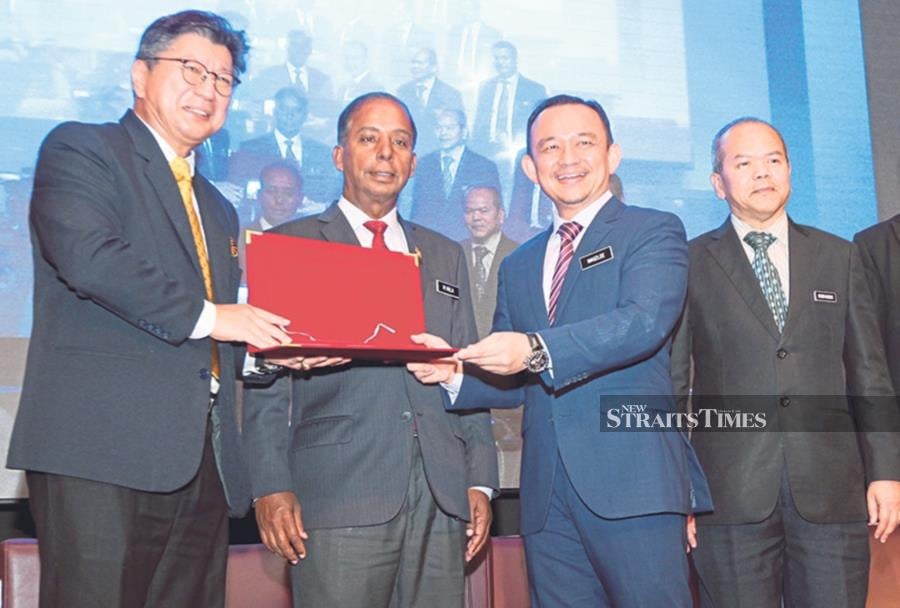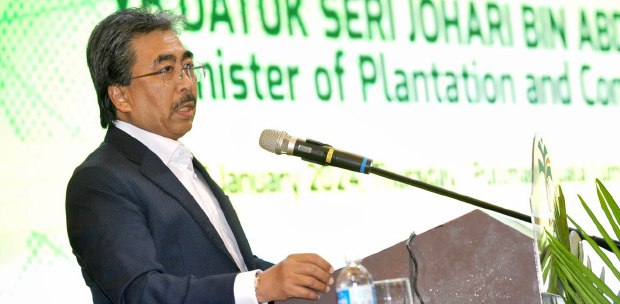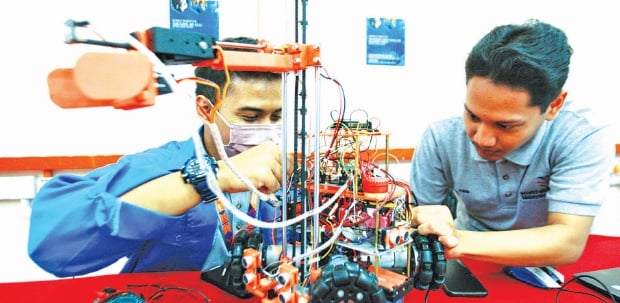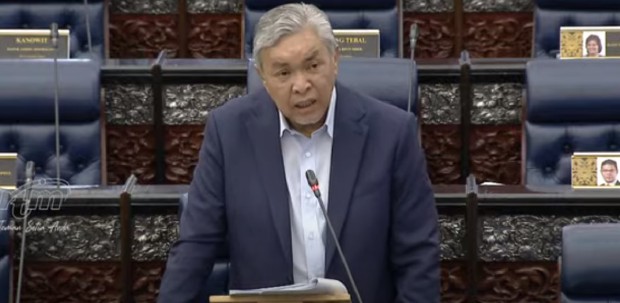TECHNICAL and Vocational Education and Training (TVET) continues to remain the government’s focus to drive the nation’s economy.
Sixty per cent of jobs created under the 11th Malaysia Plan are expected to require technical and vocational skills that will increase the skilled human capital base.
Education Minister Dr Maszlee Malik said the vision for the country’s TVET is clear — to promote it as not just another option, but for students to make it their main choice of education and career.
He said this at the launch of the National TVET Campaign last week after a closed dialogue on TVET empowerment with the industry.
“We are currently setting up a National TVET Coordinating Body as a single enforcement body, which will see TVET programmes managed under one umbrella with one system. We will focus on a financial model to make sure sufficient funds for TVET education, besides working on a shared ownership model to strengthen its certification.”
Maszlee said the ministry had identified seven strategies to shift the role of the industry.
“We need to involve more industries to strengthen dual-training programmes, and at the same time, shift from industry participation towards partnership, before moving towards industry-led TVET.”
On Aug 14, the Technical and Vocational Education and Training Empowerment Cabinet Committee (JKKPTVET) was set up as the government’s commitment to strengthen coordination and cooperation between ministries and stakeholders in the TVET system.
JKKPTVET comprised eight ministers, namely human resources, youth and sports, works, rural development, entrepreneur development, agriculture and agro-based industry, domestic trade and consumer affairs and education.
Present were JKKPTVET technical chairman Tan Sri Soh Thian Lai and Human Resources Minister M. Kula Segaran. Soh said based on surveys, the main issues and challenges for TVET education included community perception, where people saw it as having limited job opportunities.
“TVET providers also operate in silos, resulting in overlapping courses and creating confusion for students and employers.”
“It is the government’s policy to raise the level of skilled workforce to 35 per cent by 2020. To do so, we need to increase TVET student enrolment to 225,000 by 2020.”
The committee has held six townhalls, five workshops and numerous engagements to strategise the way forward for TVET.
“Based on a series of townhalls, engagements and sessions to support the TVET Empowerment Plan, 20 strategies and 15 recommendations have been proposed based on five pillars, namely governance, funding, industry, quality and branding,”
He also said some industry-led TVET collaborations remain as models for cooperation between the ministry and industry.
They are the FMM-Mida-MOE Apprentice programme, PSDC-Penang Free Trade Zone Industries, Langkawi Tourism Academy and Malaysian Association of Hotels collaboration and Malaysian German Chamber of Commerce German Dual Vocational Training Programme.
Maszlee said he hoped that TVET institutions would work together with universities and innovation agencies to introduce new technology to re-map the institutions according to industry demand.
The National TVET campaign, which runs until November, will include the search of TVET Valued Industry Partners (VIP) and TVET Influencers. There will also be a competition for the national TVET logo and slogan.







